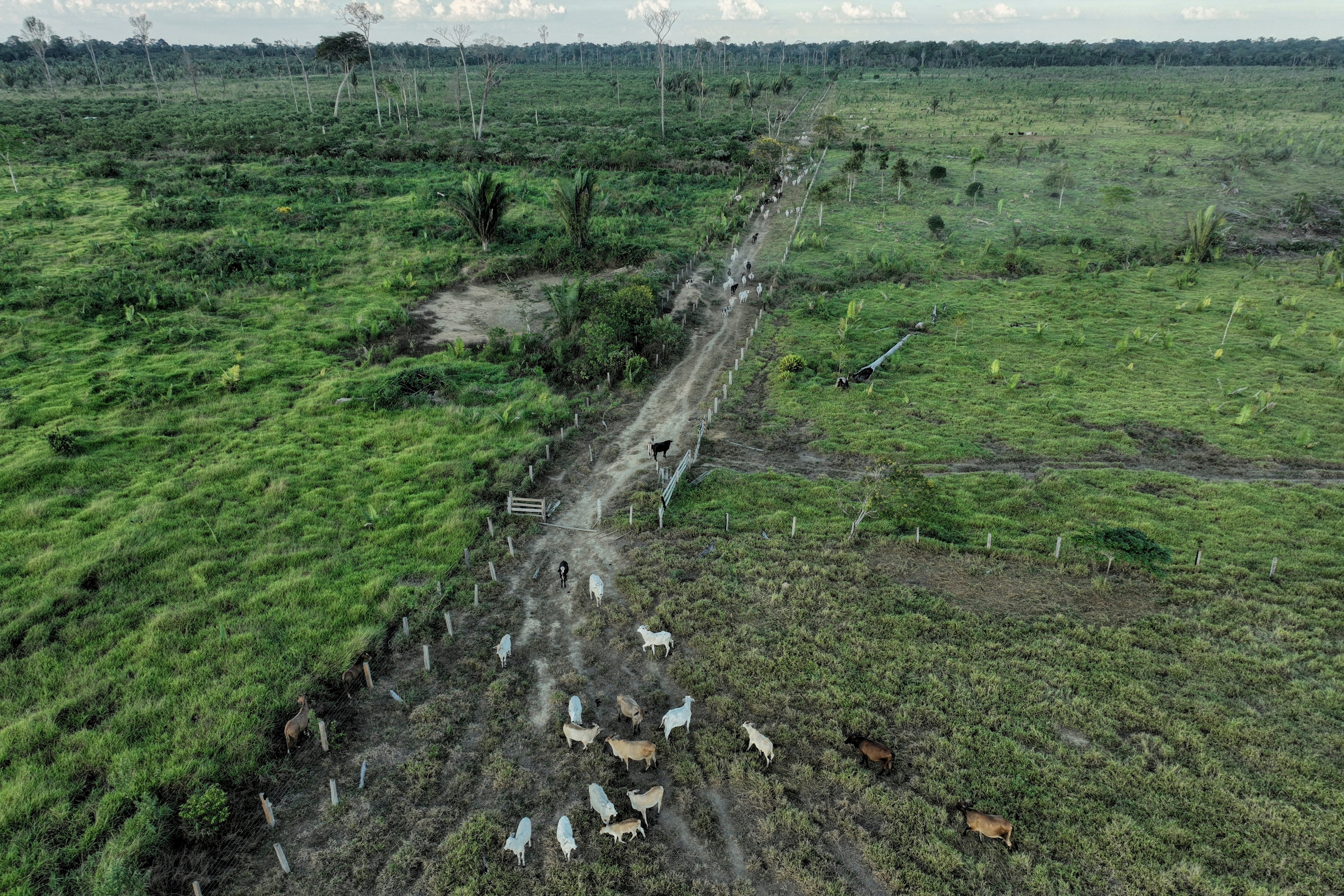ARTICLE AD BOX
Four countries will face the strictest import checks under the EU's groundbreaking anti-deforestation law.
Belarus, Myanmar, North Korea, and Russia have been designated as "high risk" for contributing to deforestation, according to a European Commission act published Thursday.
Yet nations with historically high deforestation rates, such as Brazil and Indonesia, have been categorised as "standard risk," facing less stringent compliance checks on exports to Europe.
This landmark legislation mandates due diligence for companies introducing products like soy, beef, palm oil, timber, cocoa, coffee, and chocolate into the EU market.
It has faced strong opposition from Brazil and Indonesia, who argue the regulations are overly burdensome and expensive.
The law's tiered system means EU authorities will conduct compliance checks on 9 per cent of companies exporting from high-risk countries, compared to just 3 per cent from standard-risk nations and 1 per cent from low-risk countries like the United States.
While companies from all listed countries must provide supply chain information, those from low-risk nations will not be required to assess and address deforestation risks.

Companies in high risk and standard risk countries will need to show when and where the commodities were produced and provide "verifiable" information that they were not grown on land deforested after 2020.
Indonesia Palm Oil Association, GAPKI, said the EU should have branded the world's largest palm oil exporter Indonesia as a low-risk country, along with the U.S., China, Thailand and Australia.
"The EU did not see Indonesia's achievement in significantly reduced deforestation rate in recent years," GAPKI secretary general Hadi Sugeng Wahyudiono said, adding that due diligence on shipments would increase cost and reduce palm oil's competitiveness.
Campaigners criticised the EU decision to impose the strictest checks on only four nations, but said even lower-risk countries would face some, albeit simpler, due diligence obligations.
"In practice, this shouldn't undermine the power of this law to save forests," said Giulia Bondi, campaigner at non-profit group Global Witness.
Rainforest Foundation Norway (RFN) was less optimistic and urged the EU to strengthen controls.
"It is simply unbelievable that Brazil, responsible for 42 per cent of tropical forest loss in 2024, more than a doubling since the previous year, is not rated as high risk," said RFN director Toerris Jaeger, citing a recent report from Global Forest Watch.
The Commission said it had labelled countries based on scientific evidence and data.
The EU law will apply from the end of 2025 for large companies, and from June 2026 for small firms. Failure to comply could result in fines of up to 4 per cent of a company's turnover in an EU country.









 English (US) ·
English (US) ·